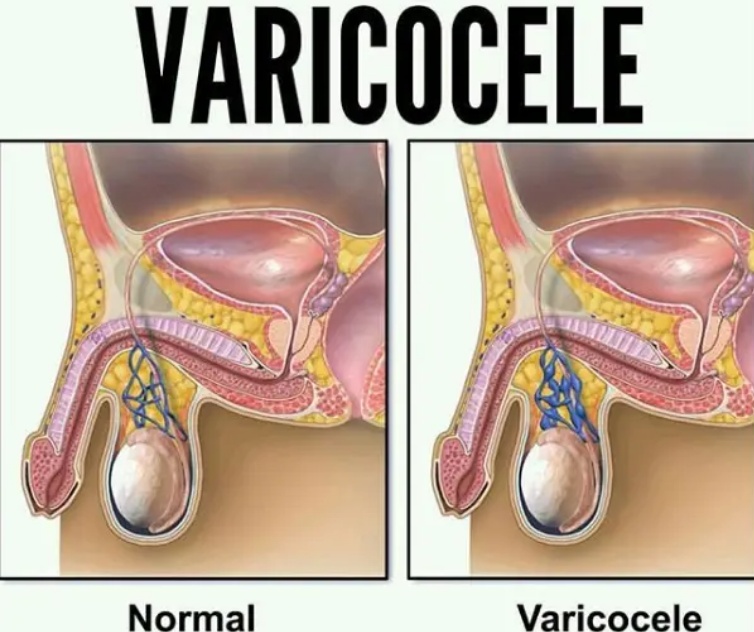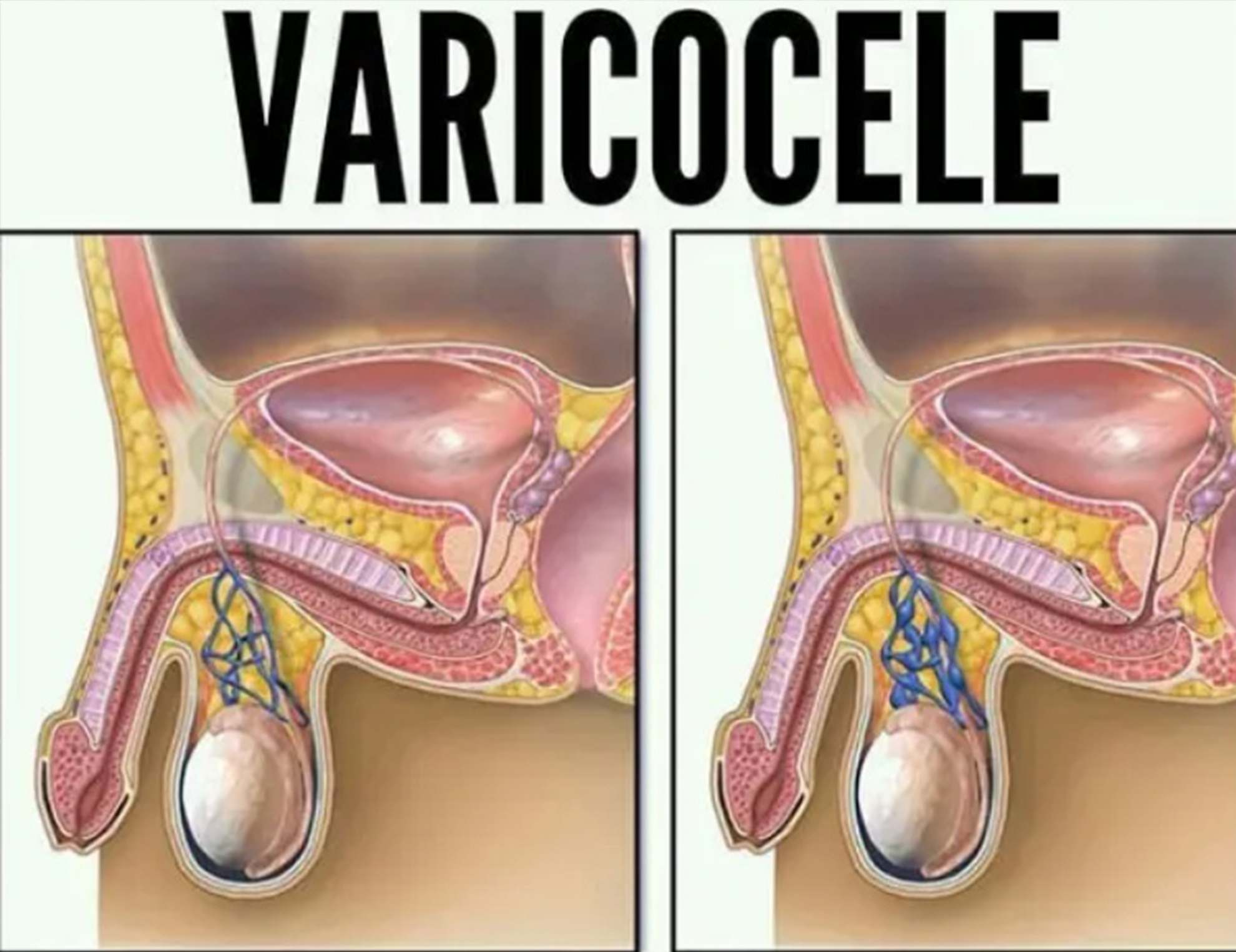Dr. Marianne J. Legato — Gender Medicine Expert and UpSpringMedical Advisor — recently shared with BuzzFeed Parents some surprising facts about male infertility you probably did not know.
1. Retrograde ejaculation — where semen goes into the bladder instead of out of the penis — is a very real thing.

Diabetes and some medications can cause this condition, which, as you can imagine, affects a man’s fertility.
2. A loss of smell can be a sign of infertility.

Loss of smell is associated with Kallmann syndrome — a genetic disorder that prevents a person from starting or fully completing puberty. If left untreated most people become infertile.
3. Overweight men tend to have lower testosterone levels, poor sperm quality, and reduced fertility.

Also, the more overweight a man is, the more it affects his fertility. For every 20 pounds overweight a man is, it increases his odds of infertility by 10%.
4. Depression or emotional stress can impair a man’s fertility.

5. Men who chew betel nuts — which are popular in Taiwan and other parts of Asia — tend to have offspring with a significant number of developmental disabilities.

6. A loss of facial or body hair can also be a sign of conditions that impair fertility.

7. Love to spend a long time in the hot tub? It can impair fertility because overheating the scrotum inhibits sperm production and quality.

8. Your fertility can be affected by the lifestyle of your grandparents.

For example, one Swedish study found that a paternal grandfather who’d overeaten during the slow growth period that precedes puberty had an impact on his grandson’s health.
9. You probably had an idea that smoking wasn’t great for fertility. But did you know that even second-hand smoke exposure can reduce fertility? It’s true.

Excessive alcohol consumption is also bad for a man’s fertility.
10. Making sure you get enough Vitamin E can increase fertility.

Over 75% of men don’t meet the recommended requirement of Vitamin E, which — along with Vitamin C, zinc, folic acid, and lycopene — mitigate damage to sperm.
11. The most common reversible cause of infertility? A varicocele, which is a swelling of veins that supply the testis. It can be surgically treated.

12. Having athlete’s foot could potentially impair your fertility. That’s because antifungal drugs can be associated with lower production of sperm.

13. Some factors that impair fertility only impact the offspring of one sex. For example, men who smoked at a very early age (like before age 11) see adverse affects in their sons, but not their daughters.

14. Normally, antibodies fight things like bacteria and viruses, but there are some antibodies that actually attack sperm.

Anti-sperm antibodies aren’t common, but exist. Infections in the prostate, or an injury to the testicles, can cause them.
Specialist in internal medicine and primary care.




